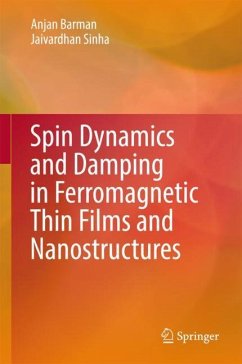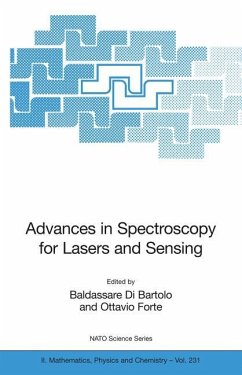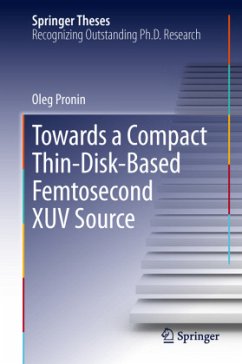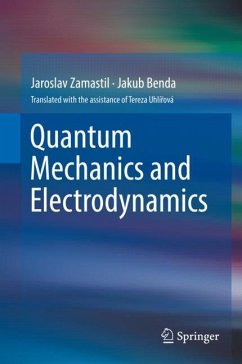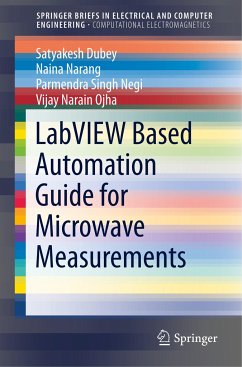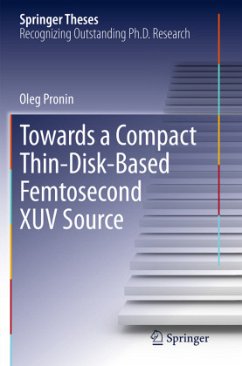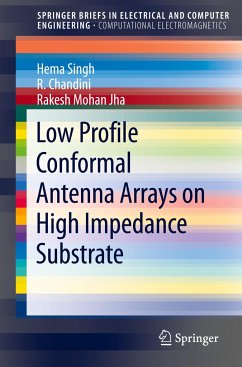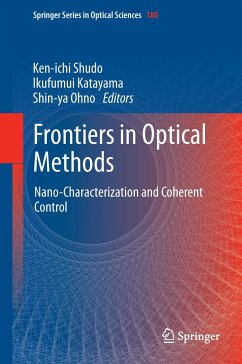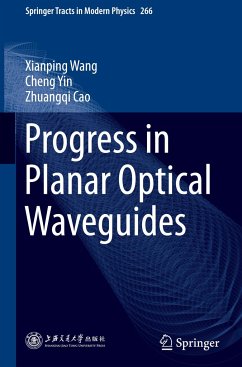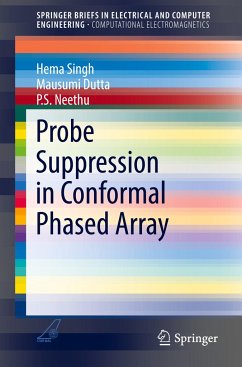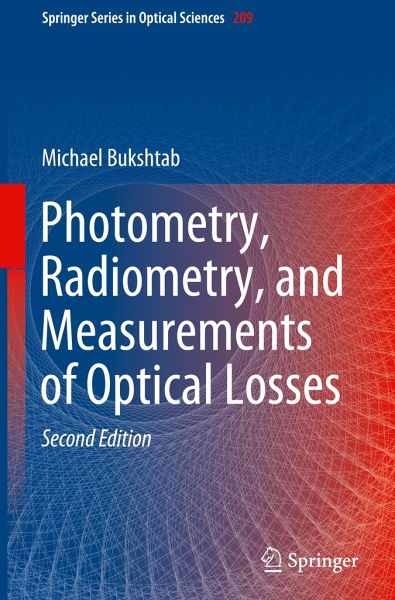
Photometry, Radiometry, and Measurements of Optical Losses

PAYBACK Punkte
125 °P sammeln!
The revised 2nd edition of this practical book provides an expanded treatment and comparison of techniques used in advanced optical measurements, guiding its reader from fundamental radiometric and photometric concepts to the state-of-the-art in highly sensitive measurements of optical losses and in spectroscopic detection using coherent laser light and spontaneous radiation. The book describes and compares a broad array of high-sensitivity methods and techniques - from interferometric and/or calorimetric, acousto-optic and resonator or polarization to wavelength- and frequency-modulation, pha...
The revised 2nd edition of this practical book provides an expanded treatment and comparison of techniques used in advanced optical measurements, guiding its reader from fundamental radiometric and photometric concepts to the state-of-the-art in highly sensitive measurements of optical losses and in spectroscopic detection using coherent laser light and spontaneous radiation. The book describes and compares a broad array of high-sensitivity methods and techniques - from interferometric and/or calorimetric, acousto-optic and resonator or polarization to wavelength- and frequency-modulation, phase-shift and decay time studies, and direct-loss measurements for free-space, fiber- or waveguide-based systems and devices.
Updated throughout, the new edition describes novel trends in spectral interferometry, frequency-comb and laser-excitation spectroscopy, reflected in the developments of Raman, Brillouin and FTIR (Fourier Transform Infra-Red) techniques for biomedical research, biotech sensing and detection. It also covers broad practical implementations of time- and frequency-domain terahertz spectroscopy measurements.
This book reviews the physical concepts of radiation transfer, providing a quantitative foundation for the means of measurements of optical losses, which affect propagation and distribution of light waves in various media and in diverse optical systems and components. It focuses on the application of optical methods and procedures for the evaluation of transparent, reflecting, scattering, absorbing, and aggregated objects, and for determining the power and energy parameters of radiation and color properties of light. This updated new edition will serve as an up-to-date reference source and practical guide for those using photometric and radiometric techniques.
Updated throughout, the new edition describes novel trends in spectral interferometry, frequency-comb and laser-excitation spectroscopy, reflected in the developments of Raman, Brillouin and FTIR (Fourier Transform Infra-Red) techniques for biomedical research, biotech sensing and detection. It also covers broad practical implementations of time- and frequency-domain terahertz spectroscopy measurements.
This book reviews the physical concepts of radiation transfer, providing a quantitative foundation for the means of measurements of optical losses, which affect propagation and distribution of light waves in various media and in diverse optical systems and components. It focuses on the application of optical methods and procedures for the evaluation of transparent, reflecting, scattering, absorbing, and aggregated objects, and for determining the power and energy parameters of radiation and color properties of light. This updated new edition will serve as an up-to-date reference source and practical guide for those using photometric and radiometric techniques.



